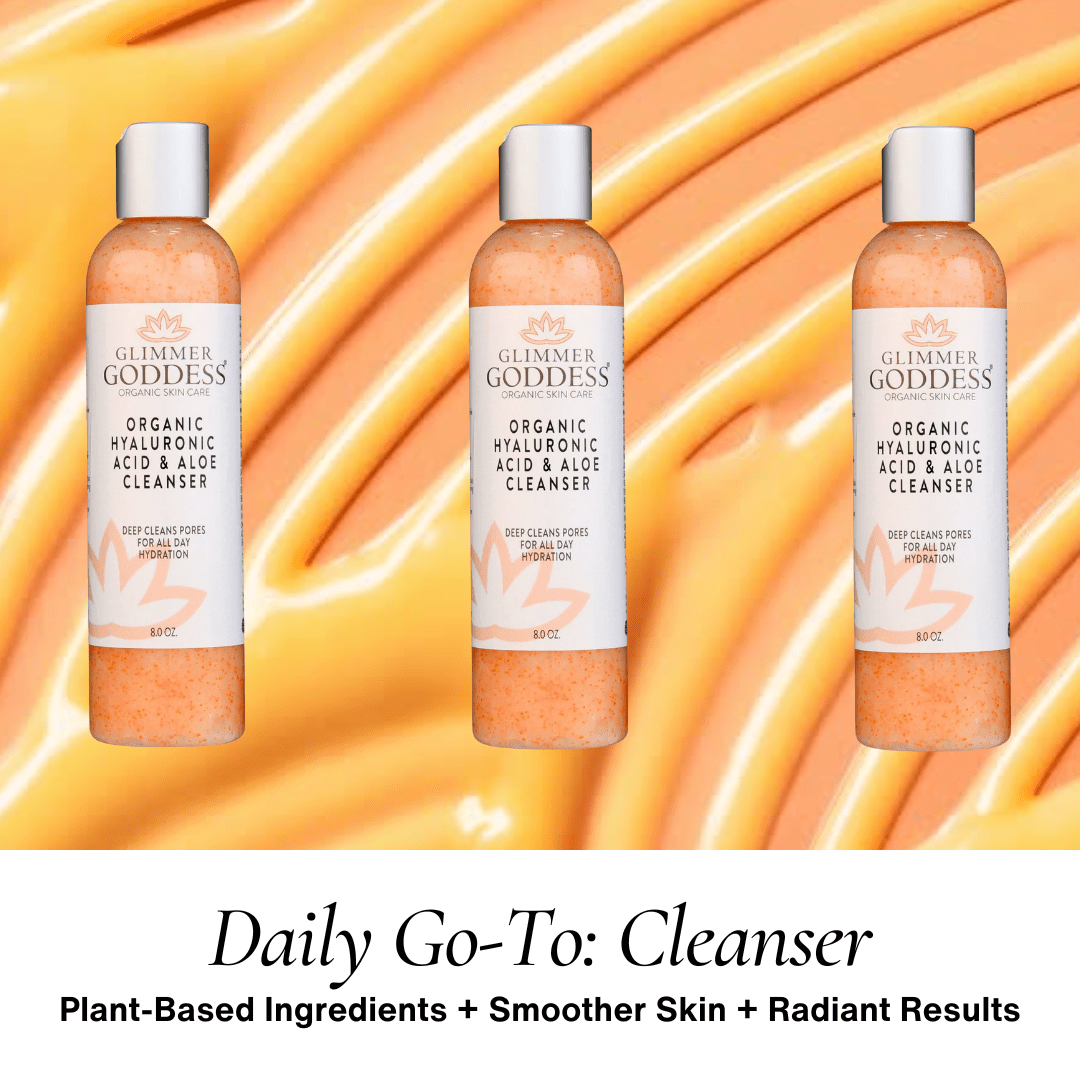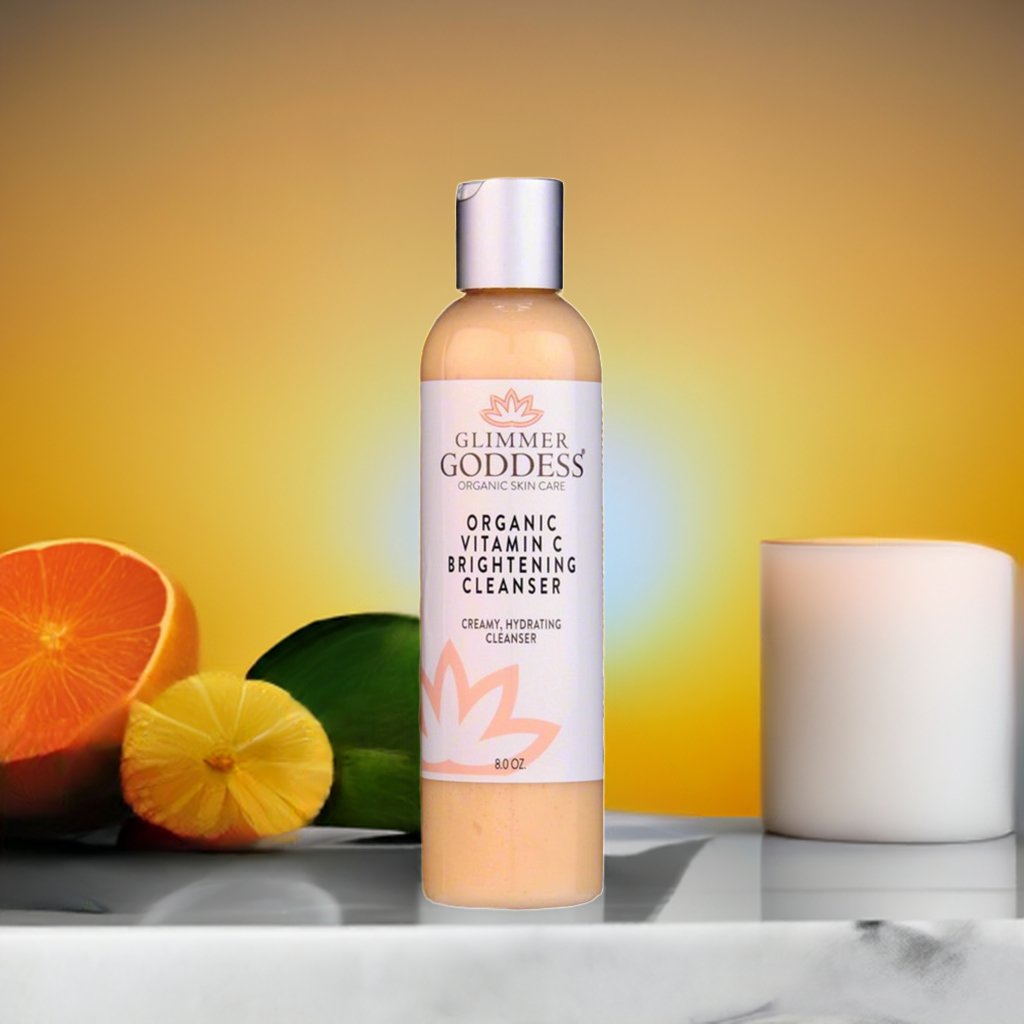
Hyaluronic Acid Cleanser: Benefits & Picks
Hyaluronic Acid Cleansers: What They Do and How to Choose One
If you're looking for a gentle way to cleanse, hydrate, and maintain a dewy complexion, a hyaluronic acid cleanser is a smart pick. Below we answer common shopper questions, explain benefits, and give simple guidance so you can choose the best formula for your skin type.
What is a hyaluronic acid cleanser?
Hyaluronic acid (HA), often listed as sodium hyaluronate, is a powerful humectant that attracts and holds water in the skin. A hyaluronic acid cleanser pairs HA with mild surfactants to remove dirt, oil, and makeup while helping maintain hydration. Many formulas also include soothing and polishing ingredients—like aloe vera and biodegradable micro jojoba beads—to leave skin soft, not tight. Source, Source
Why use a hyaluronic acid cleanser? Key benefits
- Hydration: HA helps skin retain moisture, reducing that tight, stripped feeling post-cleanse. Cleveland Clinic
- Gentle cleansing: Look for cleansers with mild, sulfate-free surfactants—especially if you’re sensitive or dry. Dermatocare
- Improved texture: Biodegradable jojoba beads can gently polish skin without harshness (and without plastic microbeads, which are banned in rinse-off cosmetics). FDA
- Barrier support: Soothers like aloe and glycerin help comfort skin as you cleanse. Source
Who should use a hyaluronic acid cleanser?
- Dry or dehydrated skin that needs moisture while cleansing.
- Sensitive skin that reacts to harsh surfactants—choose fragrance-free, low-irritant formulas. Cleveland Clinic
- Combination skin wanting balance without heaviness.
- Daily cleansers that offer mild polishing and soothing ingredients.
How to use a hyaluronic acid facial cleanser
- Wet your face with lukewarm water—very hot water can strip natural oils.
- Massage a dime-sized amount for 30–60 seconds, focusing on the T-zone and makeup/sunscreen areas.
- Rinse thoroughly and gently pat dry.
- Apply your HA serum or moisturizer while skin is slightly damp to maximize hydration, then seal with moisturizer. Harvard Health
What to look for in ingredients
- Hyaluronic acid/sodium hyaluronate listed near the top for hydration. Multiple molecular weights can boost performance. Harvard Health, JAAD
- Soothers like aloe and glycerin for barrier comfort.
- Biodegradable jojoba beads for gentle polishing (not plastic microbeads). FDA
- Sulfate-free surfactants (avoid harsh SLS if you’re sensitive or dry). Dermatocare
Common shopper questions (quick answers)
How to choose the best hyaluronic acid?
Look for sodium hyaluronate and/or a blend of HA molecular weights, plus barrier-friendly soothers (aloe, glycerin). Choose mild, sulfate-free cleansers if you’re sensitive. Source
What does a hyaluronic acid cleanser do?
It removes impurities while helping the skin hold onto water, so you feel clean, soft, and comfortable—not tight. Cleveland Clinic
How do you choose the right cleanser?
Match formula to skin type: sensitive/dry → fragrance-free and sulfate-free; combination → hydrating gel with light polishing; oily/acne-prone → gentle, non-stripping surfactants. Patch test if easily reactive. Source
What percentage of hyaluronic acid is best for the face?
There’s no single “best” % for topical HA; studies and dermatology writers note effective ranges from ~0.1–2% and that overall formula design matters more than a headline percentage. Typology summary, JAAD study
Fit it into your routine
Use your hyaluronic acid cleanser morning and evening as step one. Apply HA serum (on slightly damp skin), then moisturizer; add SPF in the AM. For very dry skin, choose a richer night cream. Source
One recommended option
If you want an organic, hydrating daily cleanser formulated with hyaluronic acid, biodegradable micro jojoba pearls, and soothing aloe, try our Organic Hyaluronic Acid Facial Cleanser — clean, gentle, and handcrafted in Texas.
People also ask
- How to choose the best hyaluronic acid? See ingredient tips above—focus on sodium hyaluronate, multi-weight HA, and gentle surfactants. Source
- What does the hyaluronic acid cleanser do? Cleanses while helping skin retain moisture for a soft, comfortable feel. Source
- How do you choose the right cleanser? Match to skin type; avoid harsh sulfates if sensitive or dry. Source
- What percentage of hyaluronic acid is best for the face? Effective ranges vary (~0.1–2%); overall formulation and layering on damp skin matter most. Typology, Harvard Health
References
- Cleveland Clinic — Hyaluronic Acid
- Cleveland Clinic — Guide to Facial Acids
- Harvard Health — The Hype on Hyaluronic Acid
- JAAD — Immediate and long-term effects of a multi-HA topical
- FDA — Microbead-Free Waters Act (rinse-off cosmetics)
- Dermatocare — Surfactants in Face Wash






